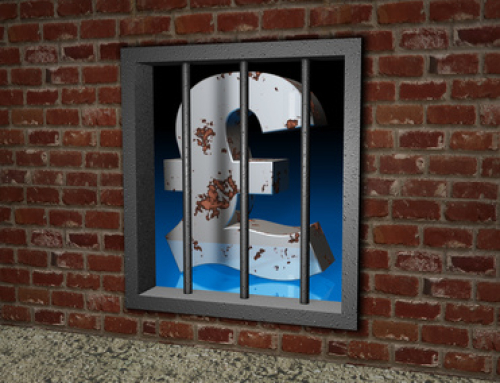[php snippet=1]
 Getting money for most people has never been an easy task. As such, there is need to safeguard it; we have to make sure that any money we earn must be secure. This article will concentrate on Forex trading – how to ensure that you only place your money in safe hands.
Getting money for most people has never been an easy task. As such, there is need to safeguard it; we have to make sure that any money we earn must be secure. This article will concentrate on Forex trading – how to ensure that you only place your money in safe hands.
 Getting money for most people has never been an easy task. As such, there is need to safeguard it; we have to make sure that any money we earn must be secure. This article will concentrate on Forex trading – how to ensure that you only place your money in safe hands.
Getting money for most people has never been an easy task. As such, there is need to safeguard it; we have to make sure that any money we earn must be secure. This article will concentrate on Forex trading – how to ensure that you only place your money in safe hands.
Choosing a Forex broker is something that will require a lot of attention. You need to make sure that the broker you are about to deal with is secure and very much transparent. Conduct a cost-benefit analysis and get to know the cost implications of dealing with them.
Below are a few tips in order to build confidence in finding a broker suited for you.
- Always insist that the broker keeps your money in a segregated account. This means that the account where your money is being kept should be separate from that which the Forex broker uses to run his daily business activities. With this, even if the broker’s company goes bankrupt, the safety of your money is guaranteed.
- You may be charged some fees for making deposits and withdrawals by some of the Forex companies. It is always good to be informed; get to know whether your Forex broker will get to charge you for these transactions and if so, how much the fee will be. Most brokers and market makers are known to use wire transfers when executing withdrawals of their clients.
- The duration you will take to receive your money is a question that is best answered by the bank in context; that is, both your personal bank and the broker’s bank. Different banks vary in efficiency as regards to processing of transactions. It should however be noted that even if your broker processes your withdrawal as soon as you make the request, you may still have to wait for a few more days before you can receive the money in your account.
- One should always know how market makers charge. They never charge a commission. The market makers make their money by spreads. This is basically the difference between what the market maker spends when buying from a trader and what he or she gets after selling to another trader. Go for tight, fixed spreads; those that are consistent and will not widen or tighten when the trading conditions become volatile or liquid. Knowing that your spreads are transparent and consistent is comforting.
- Slippage is the difference between the trader’s expectations and what actually happens; the price a trader expects to be filled in comparison with the price that are actually filled at. Slippage can be as a result of a broker who may not be so effective, or a market that is volatile or liquidity. The bottom line is that slippage raises the cost of trading and transactions. Look for a broker who is ready to pay the cost of slippage on behalf of his or her customers.
- Dealing with a broker or a market maker who is not registered, unregulated, is not one of the best pieces of advice. Take your time, go to their websites and check their registration details and if they are regulated. You should also engage them in conversations regarding how complaint they are. Make it as much detailed as possible. Get to know their company’s ethics and values. A registered broker means that all his or her trading and financial activities are under the control of a financial authority. Dealing with a broker who is not regulated puts the trader at the risk of falling into fraud and losing his or her investments.






